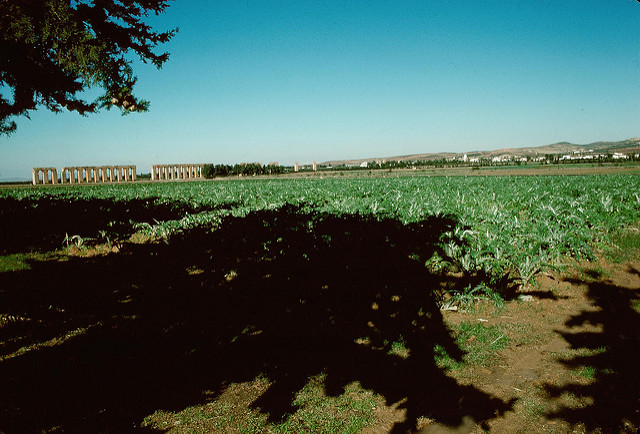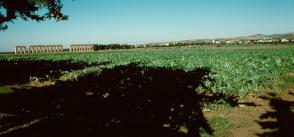
Implementing an open source database to monitor water related SDG in Tunisia
The 2030 Agenda was accepted in September 2015 in New York by the global heads of state and have launched 17 goals and 169 targets including a dedicated goal on water and sanitation (SDG-6) that calls on states to “Ensure availability and sustainable management of water and sanitation for all”. The Agenda includes 6 objectives and 7 goals directly and indirectly related to water.
This new Agenda have been defined through a bottom-up approach intended to be applicable in all nations. All the goals are inter-connected and all must be achieved which can push the humanity to change, to think differently and can involve making very big fundamental changes in how we live on earth. We introduce a concept for monitoring the implementation of water-related sustainable development goals (SDG-6) in Tunisia and present an approach for testing the concept at the scale of the Medjerda Catchment.
The Medjerda catchment is the most important river basin of the country. The monitoring concept is coherent with the indicator framework that is negotiated at the UN level (UN Statistical Commission) but consider the specificity of current and future water data infrastructure of the Medjerda catchment. In order to boost water data availability in the near future, we propose to integrate approaches from the Citizen Science domain in the monitoring concept using new innovative mobile phone apps.
In addition, we propose to create an open source database to process and share water-related data and provide high quality visualization. The robustness of the indicators that should be integrated in the monitoring concept must be SMART. This implies that they should be statistically evaluated to assess the quality of outcomes (data). We also propose Bayesian Data Fusion (BDF) techniques as a way to combine data from different quality in robust indicators.
Download the research publication via Digital Access to Libraries | UCL.
[Photo by Alexis François | Flickr]







